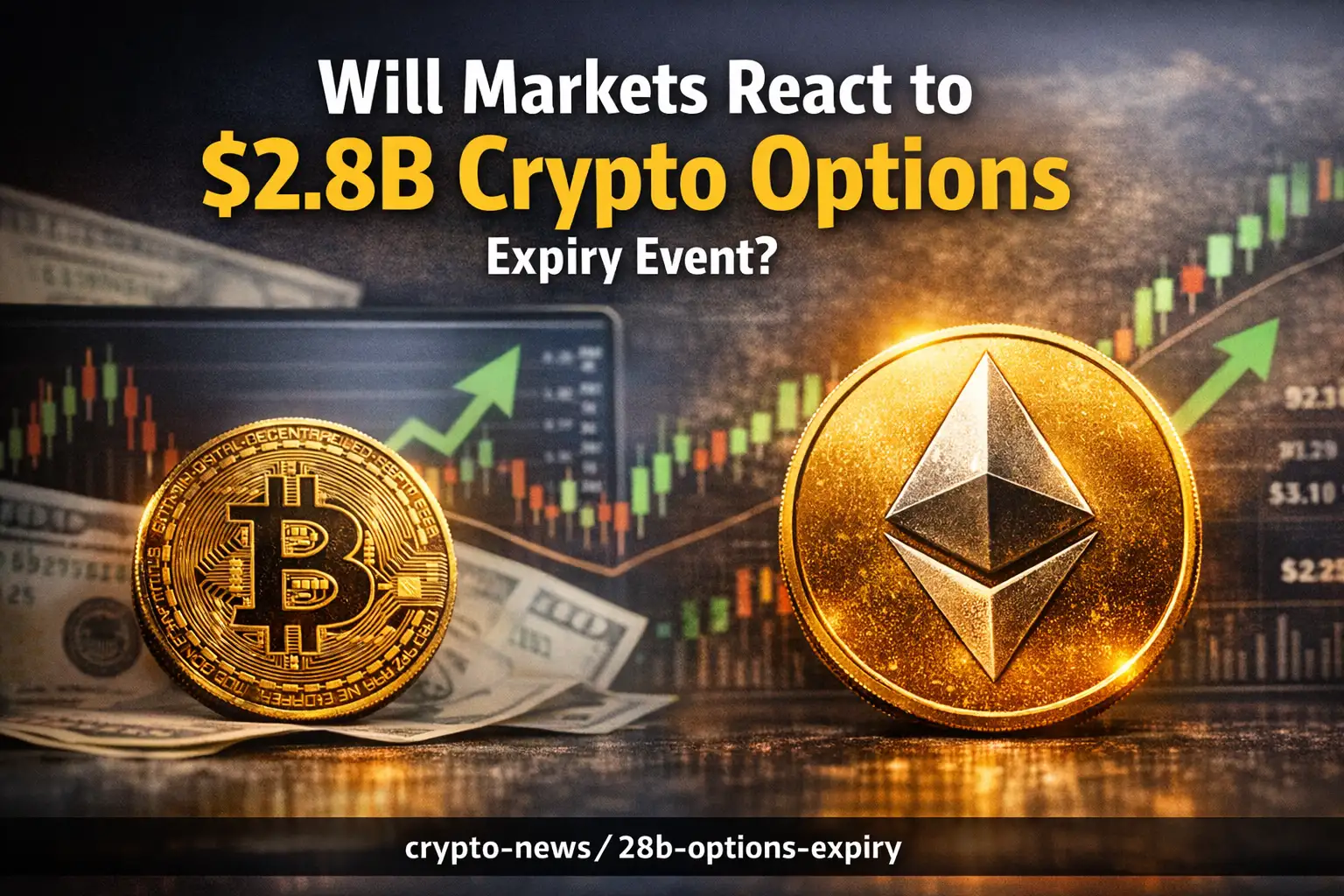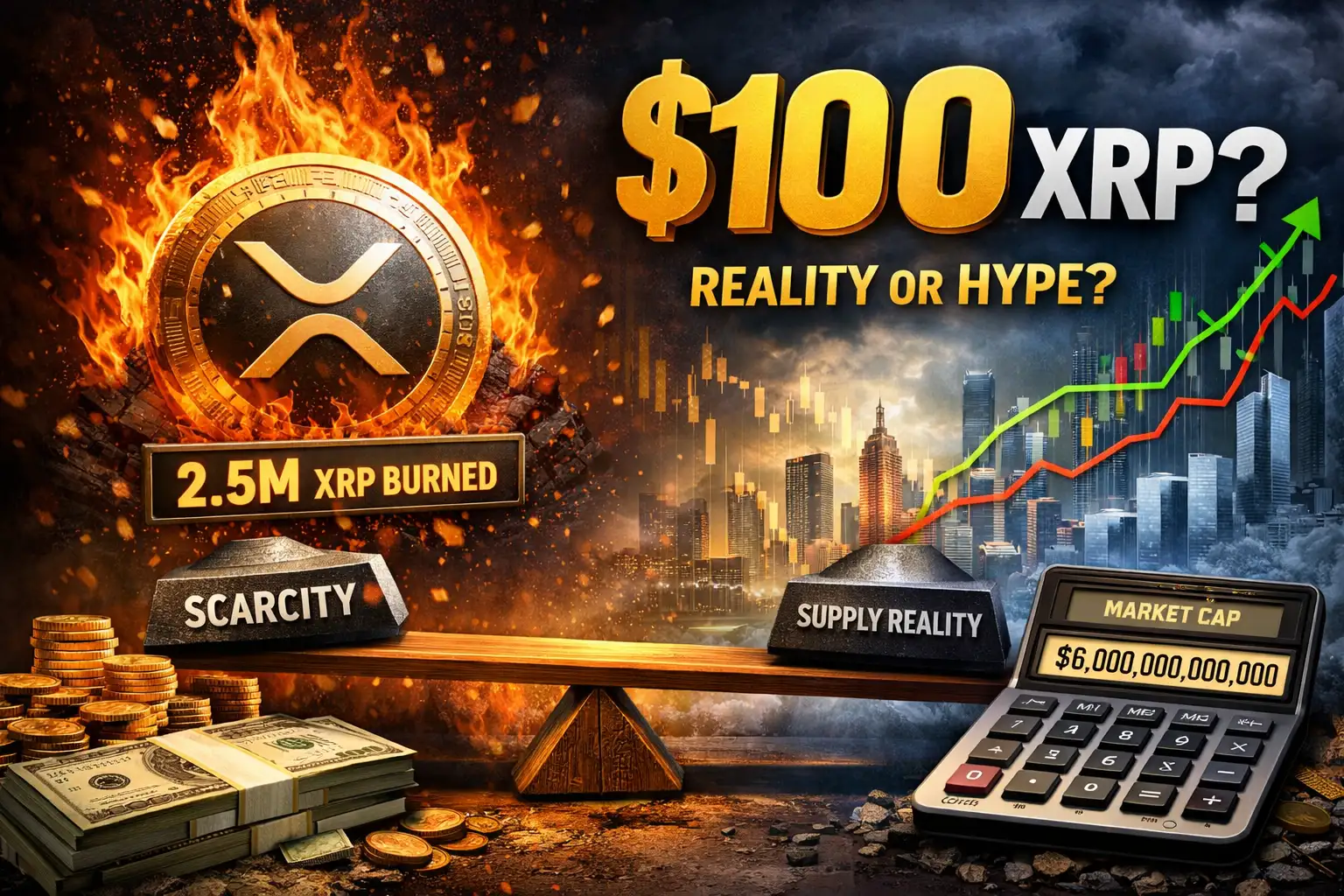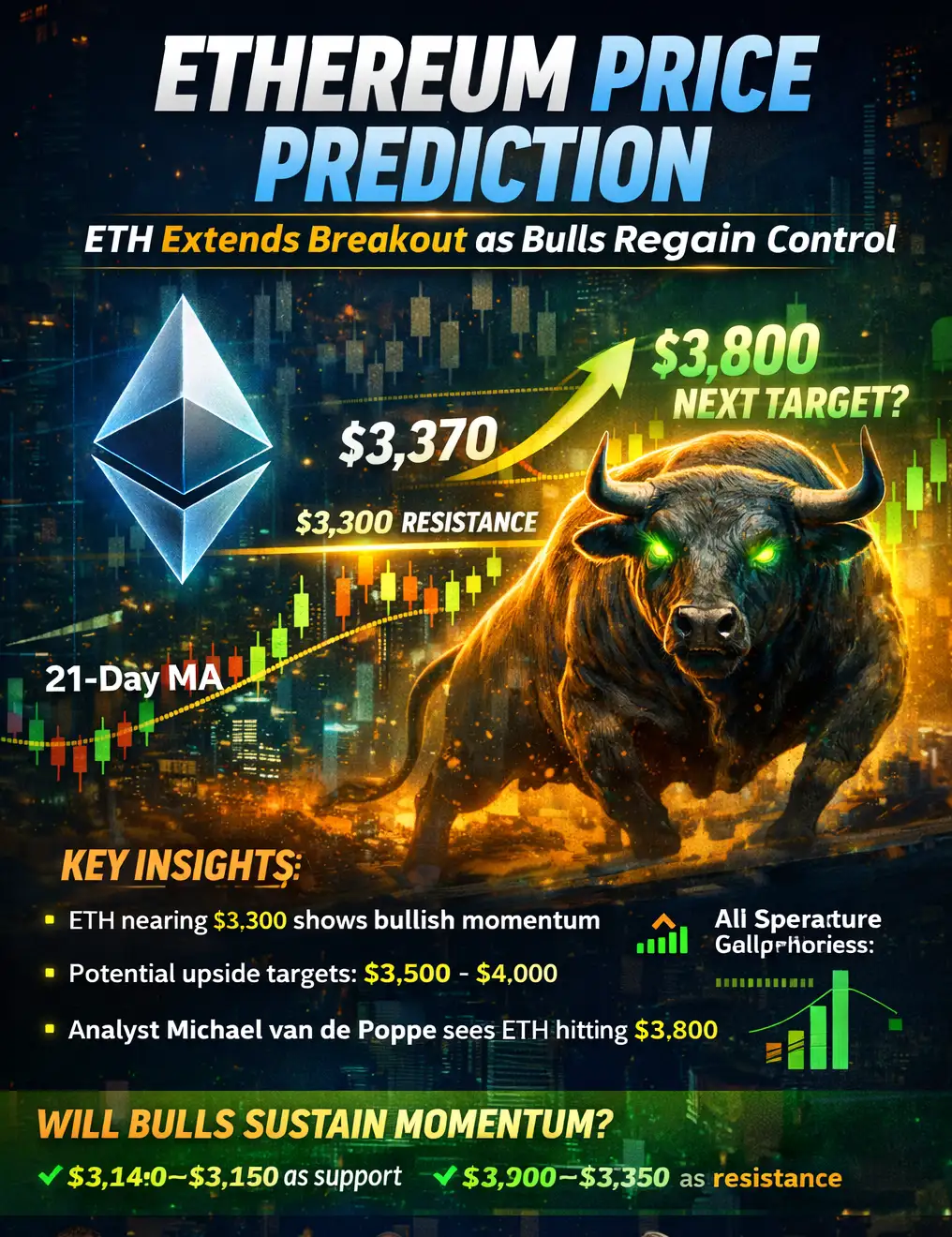
For years, Ethereum has been the backbone of decentralized finance (DeFi), NFTs, and countless blockchain applications. But as the network grew, so did its challenges–high gas fees, network congestion, and technical barriers for new users.
The crypto world has long waited for Ethereum’s next leap forward. That moment has arrived.
Enter Pectra–a groundbreaking upgrade that promises to make Ethereum faster, cheaper, and more efficient. Unlike what some may think, Pectra is not a new cryptocurrency but rather Ethereum’s biggest transformation in years.
This upgrade, which merges the Prague and Electra updates, is set to redefine Ethereum’s execution and consensus layers–making it more scalable, user-friendly, and secure than ever before.
But what does Pectra really mean for Ethereum’s future? And why is the entire crypto industry watching? Let’s dive in.
Ethereum has undergone multiple upgrades in its lifetime, but Pectra stands out as a game-changer.
This is a fusion of two critical upgrades:
🔹 Prague Upgrade – Focuses on optimizing Ethereum’s execution layer, improving how smart contracts and transactions are processed.
🔹 Electra Upgrade – Enhances Ethereum’s consensus layer, refining how validators secure the network and process transactions.
By combining these two upgrades, Ethereum is solving its biggest pain points: slow transaction speeds, expensive gas fees, and staking inefficiencies. But that’s just the beginning.
Imagine sending a transaction on Ethereum without needing ETH for gas fees.
With EIP-7702, that becomes a reality. Users will be able to pay for transactions with stablecoins like USDC or DAI. This makes Ethereum more accessible for new users and eliminates the hassle of always holding ETH for transactions.
This is a game-changer for businesses and institutions. Imagine paying gas fees with your favorite stablecoin instead of constantly swapping for ETH.
Right now, Ethereum validators must stake exactly 32 ETH to participate in securing the network. But with Pectra, that’s changing.
The new staking limit will be increased to 2,048 ETH.
🔹 Larger staking pools mean less network congestion.
🔹 Institutions and whales can stake more efficiently.
🔹 Network security strengthens as more capital is locked into Ethereum.
This upgrade makes staking more scalable, secure, and appealing to major players.
Ethereum is evolving, and Verkle trees are the key to a faster, lighter blockchain. Right now, storing Ethereum’s data is complex and bloated–making it hard for new validators to join.
With Verkle trees, Ethereum’s storage becomes far more efficient, reducing the burden on nodes and allowing for a more decentralized network.
This is a crucial step toward stateless Ethereum, where anyone can run a node without massive hardware.
One of the biggest challenges for blockchain is data availability–ensuring that transaction data is always accessible without overloading the network.
With Peer Data Availability Sampling (PeerDAS), Ethereum nodes will be able to verify data without storing the entire blockchain history.
This means:
✅ Faster transaction confirmations
✅ Lower data storage requirements for validators
✅ A more scalable Ethereum ecosystem
Before launching on the mainnet, Pectra is undergoing rigorous testing across Ethereum’s major testnets.
🔹 March 5, 2025 – Sepolia Testnet Activation
The first real-world test of Pectra revealed some early configuration issues, but developers quickly resolved them and made adjustments to improve stability.
🔹 March 17, 2025—Hoodi Testnet Launch Ethereum introduced Hoodi, a brand-new testnet designed to more accurately mimic the mainnet than ever before.
🔹 March 26, 2025 – Pectra Activates on Hoodi
This will be the final major test before Pectra is ready for public rollout.
If all goes smoothly, Ethereum’s mainnet will receive the Pectra upgrade by late April 2025
With Pectra, Ethereum isn’t just upgrading its technology–it’s upgrading the entire user experience.
🔥 Lower gas fees will make transactions cheaper and more accessible.
🔥 Faster processing means Ethereum can compete with high-speed blockchain rivals.
🔥 Flexible payment options (stablecoins for gas fees) will make Ethereum easier to use.
🔥 Improved staking mechanisms will strengthen Ethereum’s security and decentralization.
🔥 Enhanced scalability will support the growing demand for DeFi, NFTs, and enterprise applications.
Simply put: Ethereum is becoming smarter, faster, and more powerful than ever.
The crypto community is buzzing with anticipation. As Ethereum nears the final stages of testing, developers, investors, and users alike are watching closely.
If Pectra succeeds, it won’t just be Ethereum’s biggest upgrade of 2025–it will be a defining moment in blockchain history.
Will Ethereum’s Pectra upgrade finally unlock the full potential of decentralized applications? We’re about to find out.
TL;DR – Why Pectra Matters
✅ Not a new cryptocurrency—it's Ethereum’s biggest upgrade.
✅ Lower gas fees, faster transactions, and better staking.
✅ Pay for gas with stablecoins like USDC, not just ETH.
✅ Better storage & scalability with Verkle trees and PeerDAS.
✅ Final testnet activation (Hoodi) on March 26, 2025.
✅ Mainnet launch expected by late April 2025.
This is Ethereum’s moment—and Pectra is the upgrade that could change everything.
On-Chain Media articles are for educational purposes only. We strive to provide accurate and timely information. This information should not be construed as financial advice or an endorsement of any particular cryptocurrency, project, or service. The cryptocurrency market is highly volatile and unpredictable.Before making any investment decisions, you are strongly encouraged to conduct your own independent research and due diligence
Tags :

0 Comments
Show More

A focused look at the $2.8B Bitcoin and Ethereum options expiry, its effect on short-term volatility, and what it signals for Ethereum’s breakout structure and Bitcoin’s push toward $100K.

A deep dive into recent XRP burn data showing 2.5 million tokens permanently removed over 800 days, why that matters, and why some analysts believe $100 per XRP is inevitable with real numbers.

Ethereum shows renewed bullish momentum above key levels near $3,330.
On-Chain Media is an independent, reader-funded crypto media platform. Kindly consider supporting us with a donation.
bc1qp0a8vw82cs508agere759ant6xqhcfgcjpyghk
0x18d7C63AAD2679CFb0cfE1d104B7f6Ed00A3A050
CBaXXVX7bdAouqg3PciE4HjUXAhsrnFBHQ2dLcNz5hrM
Contains the last 12 releases